Service hotline
+86 0755-83044319
release time:2024-10-11Author source:SlkorBrowse:14524
1. Definitions
CPU (Central Processing Unit): The CPU is the core component of a computer system, responsible for executing instructions and processing data. It is typically used in systems with high performance requirements, such as personal computers, servers, and high-performance computing devices.
MCU (Microcontroller Unit): An MCU is a single-chip system that integrates a processor core, memory, and peripherals, designed specifically for control applications. MCUs are commonly used in embedded systems such as home appliances, automotive electronics, and industrial control.
2. Structure and Composition
CPU:
Processing Core: Typically has one or more powerful processing cores capable of executing complex calculations.
Memory: CPUs usually rely on external memory, such as RAM and ROM. Their access to memory is fast but requires additional circuitry for connections.
Peripheral Interfaces: CPUs themselves do not contain many external interfaces and often require other components on the motherboard for peripheral connectivity.
MCU:
High Integration: MCUs typically integrate the processor core, RAM, ROM (or flash memory), timers, analog-to-digital converters (ADC), general-purpose input/output pins (GPIO), etc., on a single chip.
Low Power Consumption: MCU designs usually emphasize low power consumption, making them suitable for battery-powered devices.
Rich Peripherals: Due to the integration of various peripheral interfaces, MCUs can directly connect to sensors, displays, and other devices, simplifying circuit design.
3. Performance
CPU:
High Performance: CPUs generally have higher clock speeds and stronger computational capabilities, able to handle complex tasks and larger datasets.
Multitasking: Modern CPUs support multithreading and multi-core technologies, enabling simultaneous processing of multiple tasks and improving system responsiveness.
MCU:
Performance Meets Specific Needs: MCUs have relatively lower computational power, suitable for simple control tasks such as monitoring sensor data and controlling motors.
Real-time Capability: MCUs perform well in real-time control, quickly responding to external events.
4. Application Areas
CPU:
Personal Computers: CPUs are core components of desktop and laptop computers, running operating systems and various applications.
Servers: In data centers and cloud computing environments, CPUs handle large data requests and complex computational tasks.
MCU:
Embedded Systems: MCUs are widely used in home appliances, automotive, medical devices, and industrial automation, typically for executing specific control tasks.
Internet of Things (IoT) Devices: With the development of IoT technology, MCUs have become the core of many smart devices, responsible for data collection and control operations.
5. Development and Programming
CPU:
Complex Programming Environment: Developers often use high-level languages (such as C++ and Java) for programming, relying on complex operating systems (like Windows and Linux) to manage resources.
Large Software Ecosystem: Due to their use in general computing, CPUs have a relatively mature software ecosystem with numerous development tools and libraries.
MCU:
Simplified Programming Environment: MCUs are typically programmed using C or assembly language, and the development environment is relatively simple.
Embedded Development Tools: Developers can use specific IDEs (Integrated Development Environments) and debugging tools to focus on hardware control and real-time responses.
6. Cost
CPU:
Relatively High Cost: Due to complexity and performance, CPUs usually have a higher cost, especially in high-performance computing scenarios.
MCU:
Low Cost: The production cost of MCUs is generally lower, making them suitable for mass production and low-cost embedded applications.
Conclusion
In summary, there are significant differences between CPUs and MCUs in terms of structure, performance, application areas, development environment, and cost. CPUs are suitable for scenarios requiring high computational power and multitasking, while MCUs are better suited for low-power, specific function embedded applications. Choosing the appropriate type of processor based on specific needs is an important decision in electronic design and system development.
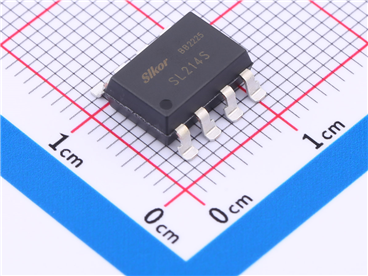
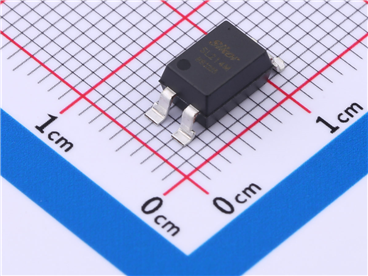
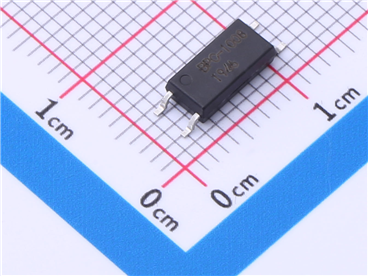
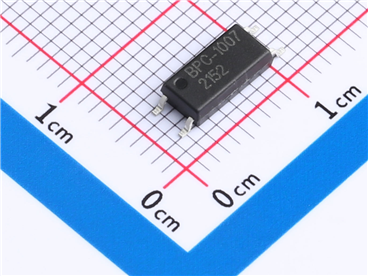
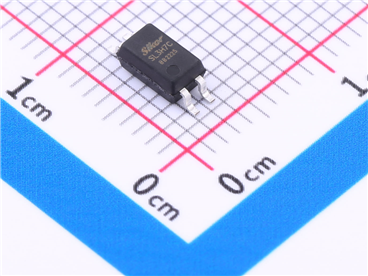

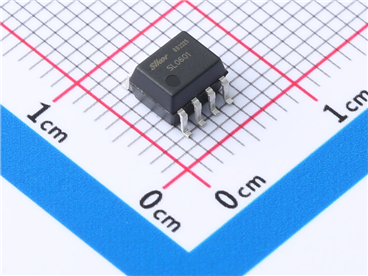


Site Map | 萨科微 | 金航标 | Slkor | Kinghelm
RU | FR | DE | IT | ES | PT | JA | KO | AR | TR | TH | MS | VI | MG | FA | ZH-TW | HR | BG | SD| GD | SN | SM | PS | LB | KY | KU | HAW | CO | AM | UZ | TG | SU | ST | ML | KK | NY | ZU | YO | TE | TA | SO| PA| NE | MN | MI | LA | LO | KM | KN
| JW | IG | HMN | HA | EO | CEB | BS | BN | UR | HT | KA | EU | AZ | HY | YI |MK | IS | BE | CY | GA | SW | SV | AF | FA | TR | TH | MT | HU | GL | ET | NL | DA | CS | FI | EL | HI | NO | PL | RO | CA | TL | IW | LV | ID | LT | SR | SQ | SL | UK
Copyright ©2015-2025 Shenzhen Slkor Micro Semicon Co., Ltd